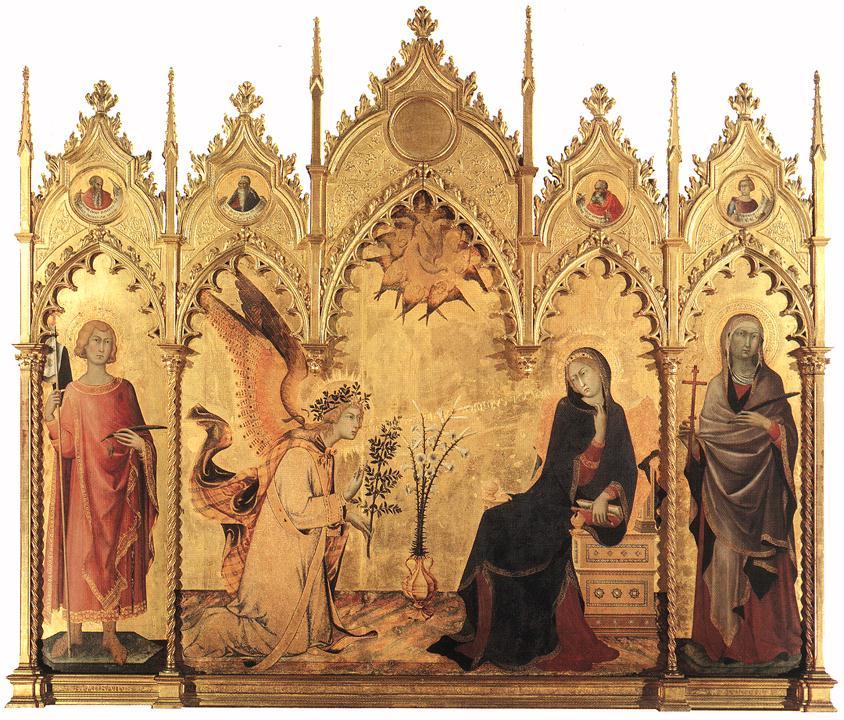We are a society that all too often focuses on work, but do we ever stop and think about rest and leisure? What constitutes work, and for that matter, what exactly is leisure?
German philosopher Josef Pieper (1904–1997) delves deeply into this question in his classic work, “Leisure: The Basis of Culture.” Here, Pieper demonstrates that “overvaluing the sphere of work” in our lives is detrimental to individual lives and culture at large. He doesn’t suggest there’s no value in labor. However, we do have to ask to what end are we toiling?



